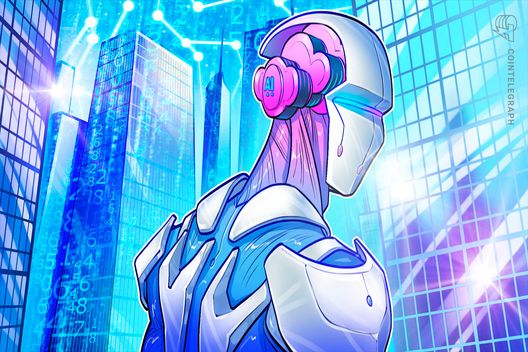
The rapid advancement of artificial intelligence (AI) technology is reshaping the workforce and economy in unprecedented ways. As AI continues to replace white-collar jobs, experts predict that the future economy will be dominated by individuals and businesses that own AI agents, rather than relying on Big Tech companies for access to these powerful tools.
The shift towards AI-driven automation is already evident in various industries, with AI algorithms and machine learning models being deployed to streamline processes, improve efficiency, and make data-driven decisions. From customer service chatbots to algorithmic trading systems, AI is increasingly becoming a staple in modern business operations.
One of the key implications of this trend is the changing nature of employment. As AI takes on more tasks traditionally performed by humans, there is a growing concern about job displacement and the impact on workers. White-collar professions, including roles in finance, law, and healthcare, are not immune to automation. In fact, a recent study by the McKinsey Global Institute estimated that up to 375 million workers worldwide may need to switch occupational categories by 2030 due to automation.
In this evolving landscape, those who own AI agents stand to gain a significant advantage. Owning an AI agent means having direct control over the technology and its capabilities, allowing individuals and businesses to tailor AI solutions to their specific needs and preferences. This ownership model empowers users to customize their AI agents, integrate them seamlessly into existing workflows, and extract maximum value from the technology.
On the other hand, relying on Big Tech companies for access to AI services can have limitations. Renting AI services from external providers may entail data privacy concerns, lack of customization options, and dependence on third-party platforms for critical business functions. As AI becomes increasingly central to operations across industries, owning AI agents could be a strategic differentiator for organizations seeking to maintain a competitive edge.
Furthermore, the ownership of AI agents raises important questions about data ownership, intellectual property rights, and ethical considerations. As AI systems become more sophisticated and autonomous, issues such as algorithmic bias, accountability, and transparency become increasingly relevant. Ownership of AI agents puts the onus on users to ensure that these technologies are deployed responsibly and ethically, with proper safeguards in place to mitigate potential risks.
In conclusion, the rise of AI is reshaping the future of work and the economy, with ownership of AI agents emerging as a key factor in determining success in the digital age. As businesses and individuals navigate the complexities of AI adoption, owning AI agents could pave the way for greater control

Leave a Reply